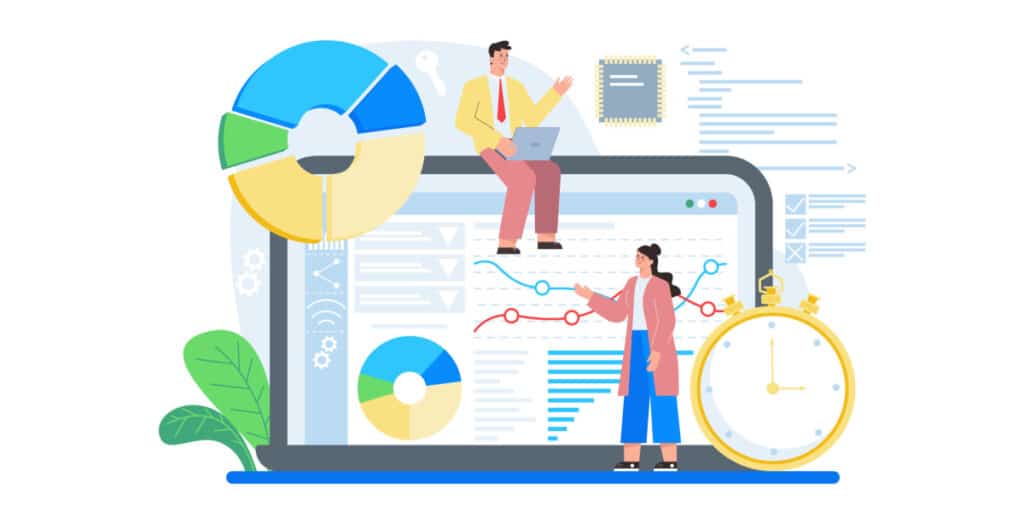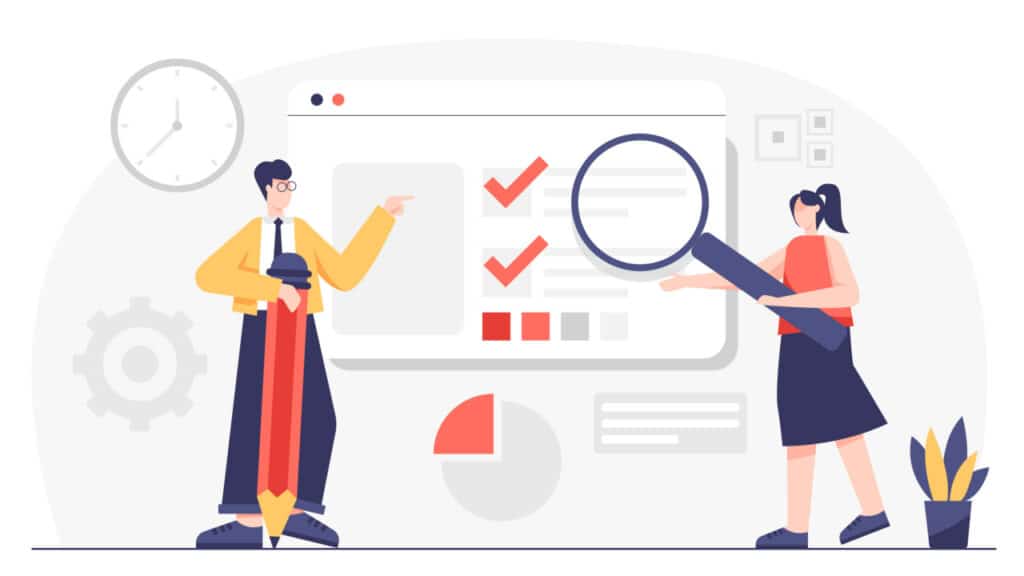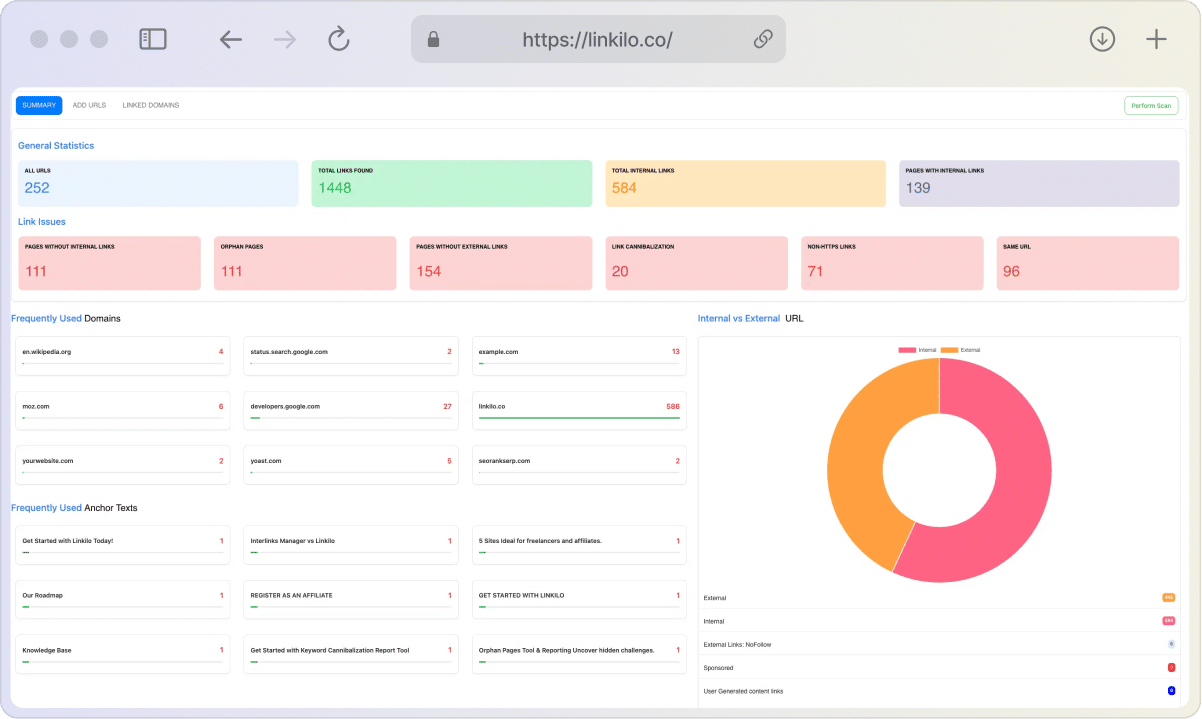Are you a website owner seeking to hire freelancers for your projects? Mastering the freelancer interview process is crucial for building successful collaborations and achieving your website goals.
In this comprehensive guide, we’ll provide you with expert strategies and practical insights specifically tailored for website owners. Overcome common obstacles faced by website owners during the interview process and gain valuable tips to define project requirements, craft effective interview questions, assess skills and cultural fit, and make informed hiring decisions.
Get ready to elevate your hiring game and forge partnerships with exceptional freelancers who will take your website projects to new heights.
Step 1: Define Your Project Requirements with Clarity
As a website owner, clearly defining your project requirements is key to successful freelancer interviews. Consider the following key elements:
- Specific website objectives: Clearly outline your website goals and objectives, whether it’s designing a new website, optimizing existing pages, or implementing SEO strategies.
- Technical expertise needed: Identify the specific technical skills and experience required for your project, such as web design, front-end development, WordPress customization, or SEO optimization.
- Project timeline and milestones: Define the project timeline and identify important milestones to ensure clear expectations and deliverables.
Step 2: Craft Meaningful Interview Questions Relevant to Website Projects
Crafting meaningful interview questions is essential to assess the skills, experience, and suitability of freelancers for your website projects. Consider using a combination of open-ended and scenario-based questions to evaluate various aspects. Here are some examples:
- Experience and Expertise:
- Can you share examples of websites you have designed or optimized? How did you contribute to their success?
- What tools or platforms are you proficient in for web development or SEO tasks?
- How do you stay updated with the latest web design trends or SEO best practices?
- Communication and Collaboration:
- How do you ensure effective communication with clients throughout the website development process?
- Can you provide examples of successful collaborations with website owners or marketing teams?
- How do you handle client feedback and incorporate changes into your work?
- Problem-Solving and Adaptability:
- Describe a situation where you faced a technical challenge during a website project and how you resolved it.
- How do you approach optimizing websites for search engines while maintaining a user-friendly experience?
- How do you adapt to changes in project requirements or shifting priorities during a website development process?
- Cultural Fit and Professionalism:
- How do you ensure a collaborative working relationship with website owners and stakeholders?
- Can you describe your preferred working style and how it aligns with website owner expectations?
- How do you handle feedback and ensure client satisfaction throughout the project?
Step 3: Conducting the Interview: Building Rapport and Assessing Skills
During the interview, focus on building rapport and assessing the freelancer’s skills and suitability for your website projects. Consider the following guidelines:
- Establish a welcoming environment:
- Introduce yourself and your website project with enthusiasm.
- Create a comfortable atmosphere that encourages open communication.
- Ask targeted interview questions:
- Use your crafted interview questions to gather relevant information about the freelancer’s skills, experience, and work approach.
- Encourage the freelancer to provide detailed examples and explanations related to website projects.
- Evaluate the freelancer’s portfolio and samples:
Review the freelancer’s portfolio and samples to assess the quality of their previous work.
- Pay attention to the design aesthetics, functionality, and user experience of the websites they have worked on.
- Look for samples that align with your project requirements and demonstrate their expertise.
- Assess communication and collaboration skills:
- Observe the freelancer’s communication style, responsiveness, and ability to articulate ideas effectively.
- Evaluate their active listening skills and how well they understand and address your questions.
- Consider cultural fit and professionalism:
- Assess the freelancer’s professionalism, reliability, and ability to work well within your work environment.
- Look for indications of proactivity, accountability, and adaptability.
Step 4: Checking References and Verifying Portfolio
To gain further insights into the freelancer’s capabilities and work ethic, it’s crucial to check their references and verify their portfolio. Reach out to their previous clients and colleagues to inquire about their experience working with the freelancer. Ask about their communication skills, ability to meet deadlines, and the quality of their deliverables. Additionally, verify the authenticity of their portfolio and ensure that the work presented is genuinely their own.
Step 5: Making the Informed Decision
After completing the interviews and gathering all the necessary information, it’s time to make an informed decision. Consider the following factors:
- Skills and Expertise:
- Evaluate how well the freelancer’s skills and expertise align with your website project requirements.
- Ensure they have a proven track record of success in similar projects.
- Communication and Collaboration:
- Assess their communication skills and responsiveness to ensure effective collaboration throughout the project.
- Consider how well they understand your website goals and how they propose to achieve them.
- Professionalism and Cultural Fit:
- Evaluate their professionalism, reliability, and ability to work well within your work environment.
- Look for indications that they will be proactive, accountable, and adaptable throughout the project.
Conclusion
Mastering the freelancer interview process is crucial for website owners seeking successful collaborations. By defining project requirements with clarity, crafting meaningful interview questions, conducting thorough interviews, checking references, and considering relevant factors, you can make informed decisions and build long-term partnerships with talented freelancers.
Remember, the interview process is not only about assessing skills and experience but also about finding freelancers who are a good fit for your website projects. With the right freelancers on board, your website projects will thrive, delivering exceptional results for your online presence.




